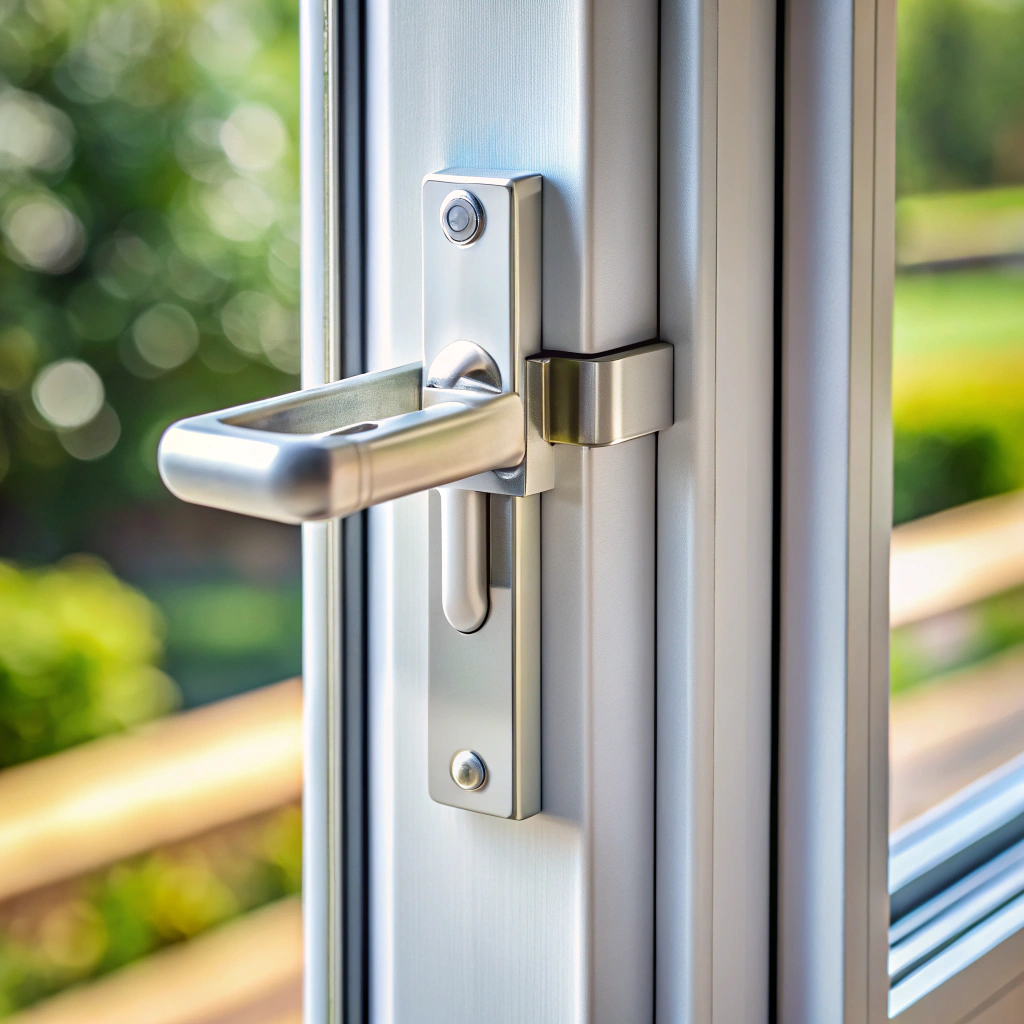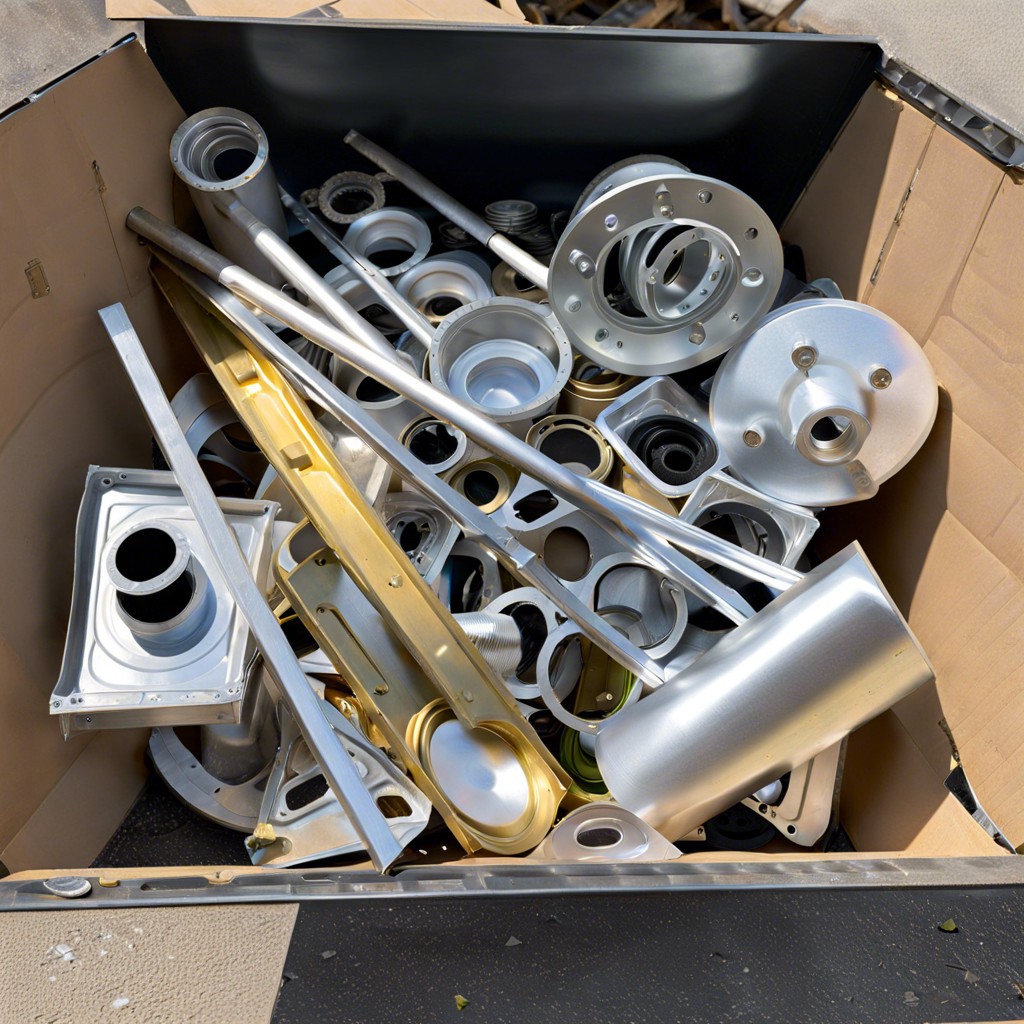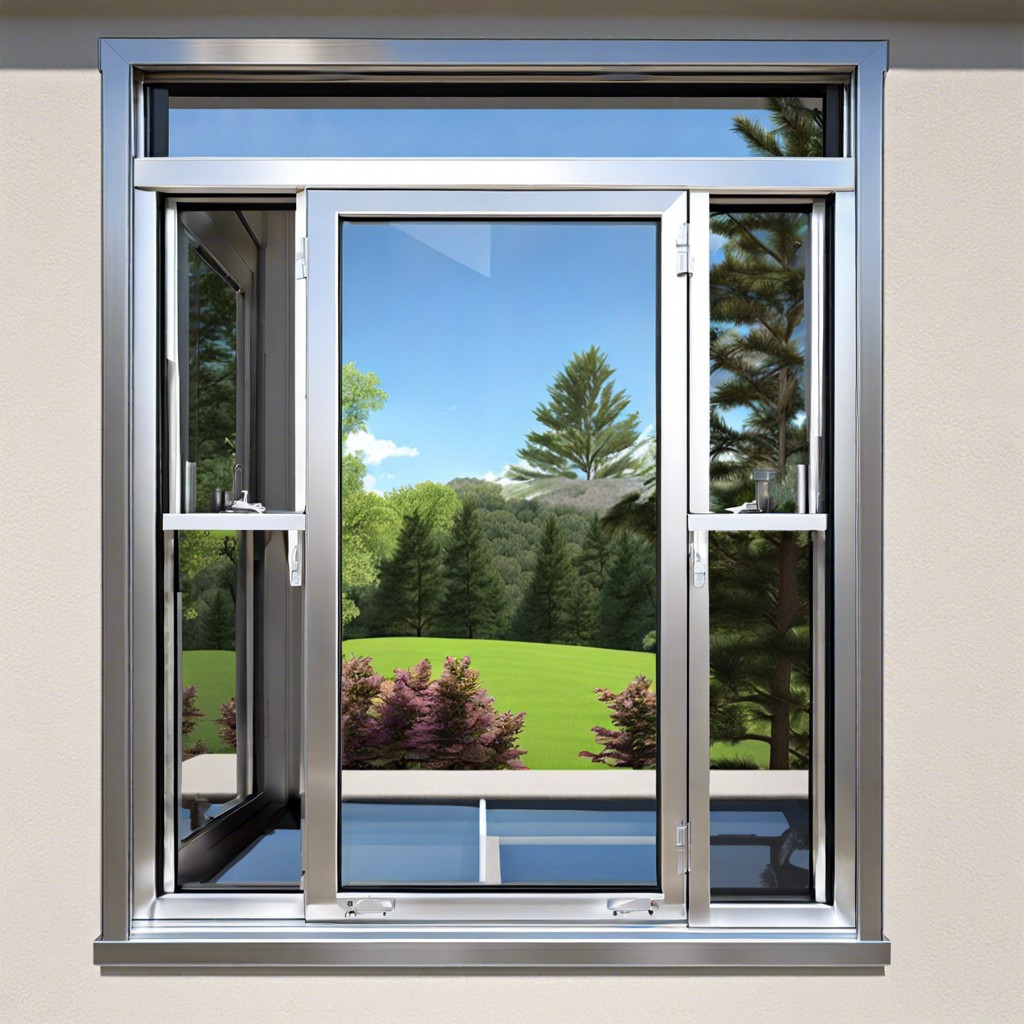Discover the peculiar term “window licker,” as we delve into its origins, meaning, and usage in today’s language.
Have you ever heard the term “window licker” and wondered what it means? No, it’s not someone who literally licks windows (although that would be a strange hobby). In the world of house windows, a window licker refers to something entirely different.
As an expert blogger in this industry, I’m here to provide you with all the correct information on what a window licker is and why it matters. So let’s dive in!
Key takeaways:
- A window licker is someone who presses their face against a window.
- It can be seen as childish or inappropriate behavior for adults.
- It can also be associated with individuals with developmental disabilities or sensory processing disorders.
- Using the term in reference to individuals with disabilities is offensive and derogatory.
- The term originated as a derogatory term for students with special needs or as a way to insult someone’s intelligence.
Definition of Window Licker

A window licker is a term used to describe someone who presses their face against a window, often in public places such as stores or buses. The act of pressing one’s face against the glass and looking out is sometimes seen as childish or inappropriate behavior for adults.
However, it can also be associated with individuals who have developmental disabilities or sensory processing disorders that cause them to seek out tactile stimulation through touch and pressure.
It’s important to note that using the term “window licker” in reference to an individual with disabilities is considered derogatory and offensive language. It perpetuates harmful stereotypes about people with disabilities being less intelligent or capable than others.
Origins and History

Some sources suggest that it may have originated in schools as a derogatory term for students with special needs who were observed licking windows or other surfaces. Others believe that it may have been used to describe individuals who appeared to be mentally challenged or under the influence of drugs.
Regardless of its origin, the use of this term is widely considered offensive and stigmatizing towards people with disabilities or mental health conditions. It perpetuates harmful stereotypes and reinforces negative attitudes towards marginalized groups.
As an expert blogger in this industry, I feel it’s important to raise awareness about these issues and promote more respectful language when discussing house windows or any other topic related to disability rights.
Etymology and Usage

Some sources suggest that it originated in the 1980s as a derogatory term for people with intellectual disabilities who were observed licking windows on buses or trains. Others claim that it was used to describe children who pressed their faces against car windows while riding in the backseat.
Regardless of its origins, today, the term is often used as an insult to mock someone’s intelligence or behavior. It can also be employed more broadly to refer to anyone perceived as odd or socially awkward.
However, many people find this usage offensive and harmful due to its ableist connotations and negative stereotypes about individuals with disabilities. As such, some advocates are calling for greater awareness around disability issues and more respectful language choices when discussing these topics.
Common Misconceptions

One common misconception is that it refers to individuals with intellectual disabilities or developmental disorders who engage in repetitive behaviors such as licking windows. However, this stereotype is not only inaccurate but also harmful and offensive.
In reality, the term has evolved to become a derogatory insult used to mock or belittle someone’s intelligence or behavior without any regard for their actual abilities or conditions. It perpetuates negative attitudes towards people with disabilities and reinforces harmful stereotypes.
It’s important to recognize these misconceptions and educate ourselves on the appropriate use of language when referring to individuals with disabilities.
Stereotypes and Stigma

Unfortunately, these stereotypes and stigmas persist in society today.
It’s important to recognize that using the term “window licker” as an insult perpetuates harmful attitudes towards people with disabilities or mental health conditions. It reinforces negative stereotypes and contributes to a culture of ableism.
As a blogger writing about house windows, it’s crucial for me not only to provide accurate information but also promote inclusivity and respect for all individuals. We should strive towards creating a more accepting society where everyone is treated equally regardless of their abilities or differences.
We must be mindful of our language choices when discussing topics related to house windows (or any other subject).
Depictions in Media

In some cases, the term has been used as a derogatory insult towards individuals with intellectual disabilities or other cognitive impairments. This usage perpetuates harmful stereotypes and stigmatizes those who may already face discrimination in society.
However, there are also instances where the term is used more innocuously to describe someone who appears to be lost in thought while staring out a window. This portrayal can be seen in films, television shows, and even literature.
It’s important to recognize that language matters and how we use it can impact others’ perceptions of certain groups of people. As such, it’s crucial for media outlets to consider their language choices carefully when depicting individuals with disabilities or other marginalized communities.
In Popular Culture

It’s often portrayed as a derogatory term to insult someone’s intelligence or mental capacity. In movies and TV shows, characters have been depicted as window lickers to add humor or ridicule them for their behavior.
However, this usage of the term is not only offensive but also perpetuates harmful stereotypes about people with disabilities or neurodivergent conditions. It reinforces negative attitudes towards those who may struggle with communication and social skills.
As an expert blogger in the house windows industry, it’s important to recognize that language matters and can have real-world consequences on how we perceive others.
Psychological Perspectives

It is often used to describe individuals with intellectual disabilities or developmental disorders who may engage in repetitive behaviors such as pressing their faces against windows. This behavior is known as “pressing,” and it’s not uncommon for people with autism spectrum disorder (ASD) or other conditions to do so.
However, using the term “window licker” in a derogatory way perpetuates negative stereotypes about these individuals and reinforces stigma towards those with disabilities. It also ignores the fact that many people without disabilities engage in similar behaviors, such as looking out of windows during long car rides.
It’s important to recognize that everyone has unique ways of coping with stress or anxiety, including engaging in repetitive behaviors like pressing their face against a window.
Social Implications
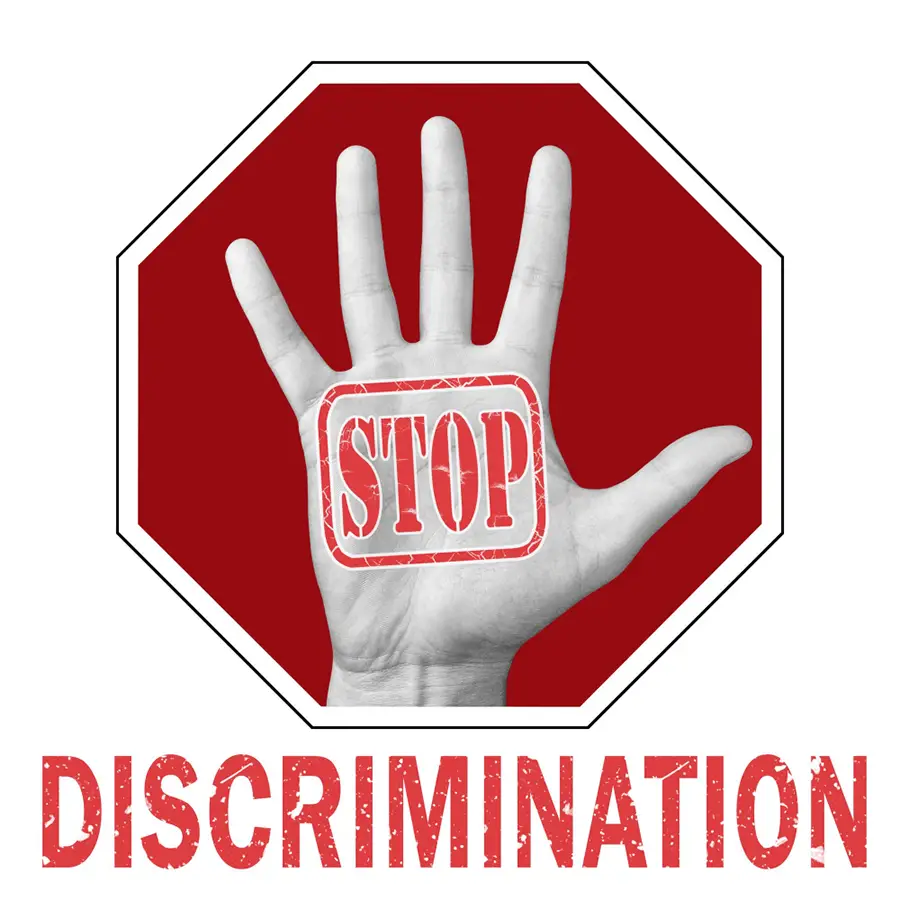
While it may seem like a harmless joke or insult, the use of this term can perpetuate negative stereotypes and stigmatize individuals with disabilities. The origins of the term are unclear, but it is often associated with people who have intellectual or developmental disabilities.
Using derogatory language to describe someone’s disability is not only hurtful but also reinforces harmful attitudes towards marginalized groups. It can lead to further discrimination and exclusion in society.
As an expert blogger in the house window industry, I believe it’s important to raise awareness about these social implications and encourage more respectful language when discussing disabilities.
Derogatory Usage

This usage is not only offensive but also perpetuates harmful stereotypes and stigma. It’s important to recognize that using this term as an insult is hurtful and disrespectful to those who may have intellectual or developmental disabilities.
As an expert blogger in the house window industry, it’s crucial for me to acknowledge this issue and raise awareness about its negative impact on society. We must strive towards creating a more inclusive environment where everyone feels respected regardless of their abilities.
It’s essential for us all to be mindful of our language choices and avoid using derogatory terms like “window licker.” Instead, we should focus on promoting positive attitudes towards people with disabilities by celebrating their unique strengths and contributions.
Controversial Nature

Some people argue that it is an offensive and derogatory term, while others believe that it’s just harmless slang. The controversy surrounding the term stems from its association with individuals who have intellectual disabilities or developmental disorders.
Many advocates for disability rights argue that using the phrase “window licker” perpetuates harmful stereotypes and stigmatizes those with disabilities. They claim that this type of language reinforces negative attitudes towards people with special needs, making them feel excluded and marginalized in society.
On the other hand, some people defend their use of the phrase as simply a playful insult without any intention to harm anyone. However, regardless of intent or context, words can still be hurtful to those who are affected by them.
Public Reactions

Some people find it amusing and use it as a joke, while others consider it offensive and derogatory. The term has also sparked controversy in various communities, particularly those advocating for individuals with disabilities.
Many disability advocates argue that using the term “window licker” perpetuates harmful stereotypes about people with intellectual or developmental disabilities. They believe that such language reinforces negative attitudes towards this group of individuals and contributes to their marginalization.
On the other hand, some argue that using terms like “window licker” is harmless fun and should not be taken seriously. They claim that political correctness has gone too far in limiting free speech.
Regardless of where you stand on this issue, it’s important to recognize how our words can impact others around us.
Advocacy and Awareness

The use of “window licker” as a pejorative term can perpetuate harmful stereotypes and stigmatize individuals with disabilities. Advocates encourage people to choose their words carefully and avoid using terms that may offend others.
Awareness campaigns have been launched in schools, workplaces, and communities to educate people on appropriate language usage. These efforts aim to promote inclusivity by encouraging respect for all individuals regardless of their abilities or differences.
It’s important for us as a society to recognize how our words can affect those around us. By being mindful of our language choices, we can create an environment where everyone feels valued and respected.
Alternatives to the Term

As a blogger who writes about house windows, I believe it’s essential to use respectful and inclusive language when discussing this topic.
If you’re looking for an alternative term to describe someone who enjoys looking at windows (without any negative connotations), consider using phrases like “window enthusiast,” “glass admirer,” or simply refer to them as someone who appreciates architecture. These alternatives are more neutral and don’t carry any derogatory implications.
It’s crucial that we all strive towards using language that is respectful of others’ identities and experiences.
Alternative Terms
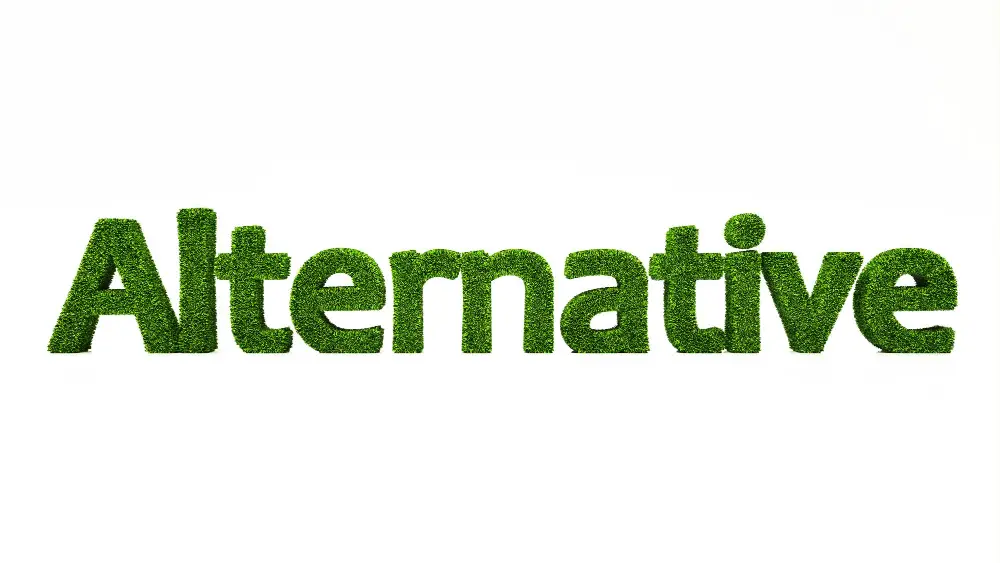
It’s important to be mindful of our language and avoid using terms that can harm or offend others. Fortunately, there are alternative terms that we can use instead of “window licker.” Some people prefer to use more neutral phrases like “individuals with intellectual disabilities,” while others opt for more specific terminology such as “people with Down syndrome.” The key is to choose language that is respectful and accurate.
By doing so, we create a more inclusive society where everyone feels valued and accepted regardless of their abilities or differences.
FAQ
What is a window licker in slang?
A window licker, in British slang, refers offensively to a mentally handicapped person.
Why do children lick windows?
Children lick windows to understand their surroundings, explore new objects, and experience the novelty of the world around them, and may find comfort in repetitive behavior, according to Dr. Schiff.
What is a Licker?
A Licker is the African-American Vernacular English pronunciation of “Liquor” or “Liqueur.”
What is a window locker?
A window locker is a lock attached to the sashes of a double hung window, allowing both to be fixed in the shut position.
How did the term “window licker” originate in slang?
The term “window licker” originated in slang as a derogatory term referring to people with mental or physical disabilities, deriving from the image of someone pressed against a window, possibly leaving saliva traces due to their face’s proximity.
Are there any safety concerns related to children licking windows?
Safety concerns related to children licking windows include potential ingestion of harmful bacteria or germs accumulated on the window surface.
What are some common misconceptions about the term “window licker”?
Common misconceptions about the term “window licker” include it referring to a literal window licker, but it is actually an offensive slang term used to describe individuals with intellectual disabilities.
Recap

